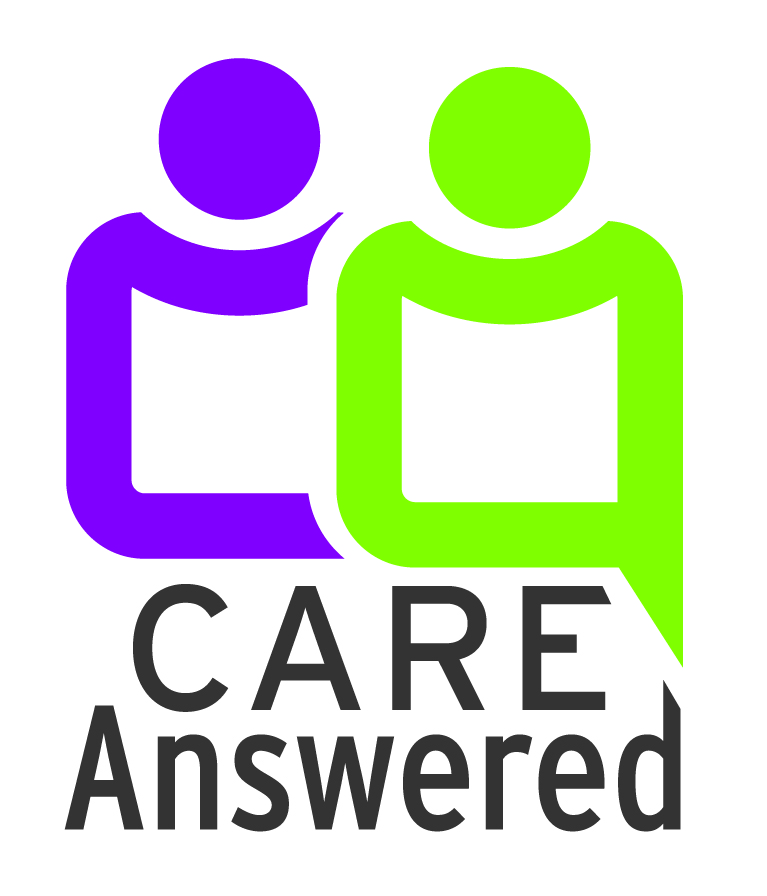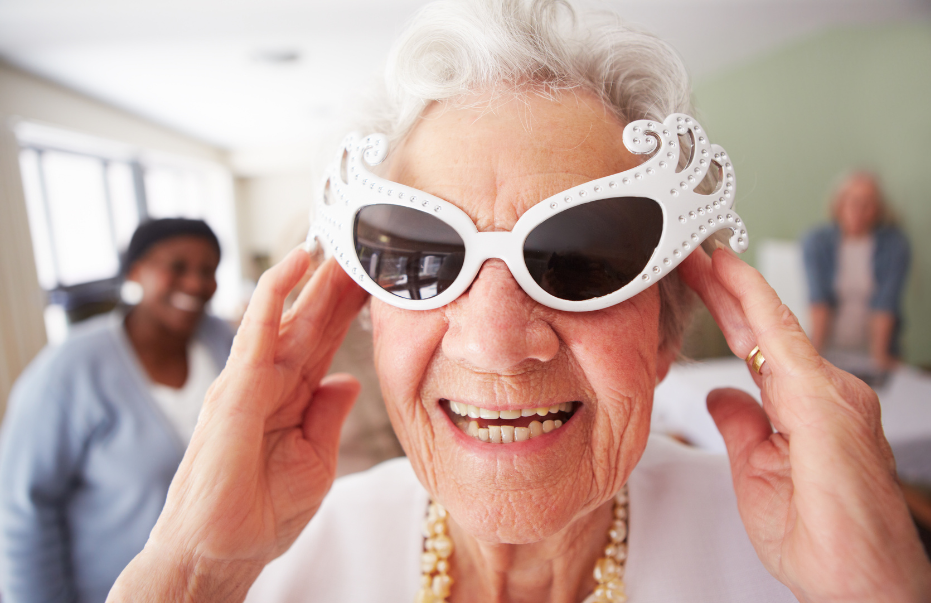Summer is here and the mercury is beginning to climb! For many of us, that signals longer days, more leisure time, and lots of outdoor activities. So have fun and check your community centers, libraries, and parks for fun things to do. If you are in New York check out Golden Pass for free entry to state parks.
Keep in mind that for older adults, the heat can pose special risks. Here are some tips for keeping our older loved ones safe when the temperature rises.
- Avoid the sun. The hottest part of the day occurs between 10 am and 2 pm. Try to avoid being outdoors in direct sunlight during these hours.
- Use sunscreen. If you must be outside in the sun, wear a broad-spectrum sunscreen lotion or spray with sun protection factor (SP) of 15 or more. Apply liberally and don’t forget your face, ears, and back of the neck. Even better: wear sun-protective clothing if you will be in direct sunlight.
- Protect your eyes. Wear sunglasses to protect your eyes from the sun’s harmful ultraviolet A and B rays.
- Stay cool. Spend as much time as possible in air-conditioned spaces when the days are very hot. If you don’t have air conditioning at home, visit your local library, walk around the mall, or grab a cool drink in an air-conditioned café.
- Drink up. Stay hydrated by drinking plenty of water, juice, or other non-caffeinated beverages. Also avoid alcoholic beverages as they can make you more dehydrated.
Learn to recognize these signs of heat-related illness:
- Dehydration. Symptoms: headache, dizziness, weakness, confusion, muscle pain, fainting. Treatment: Drink plenty of water or sports drinks containing electrolytes. If you do not feel better, seek emergency treatment.
- Heat exhaustion. Symptoms: excessive sweating, tiredness, weakness, pale, cold or clammy skin, dizziness, headache, nausea or vomiting, fast or weak pulse, fainting, elevated body temperature. Treatment: Move to a cool, shady place, drink cool liquids. Call 9-1-1 if you do not feel better or have high blood pressure or heart disease.
- Heat stroke. Symptoms: Red, hot, dry skin, fast pulse, nausea or vomiting, confusion, dizziness, fainting, body temperature over 104 F. Treatment: Heat stroke is a medical emergency. Call 9-1-1 immediately. Move to a cool, shady place, loosen tight clothing, and apply cool damp cloth to wrists, ankles, armpits and neck. Sip water or sports drinks.
Resources
The federal Low-Income Home Energy Assistance Program (LIHEAP) provides assistance to cover the cost of air conditioners and utility bills for adults 65 and older who have limited incomes. To reach your state’s LIHEAP program, call 1-866-674-6327.

